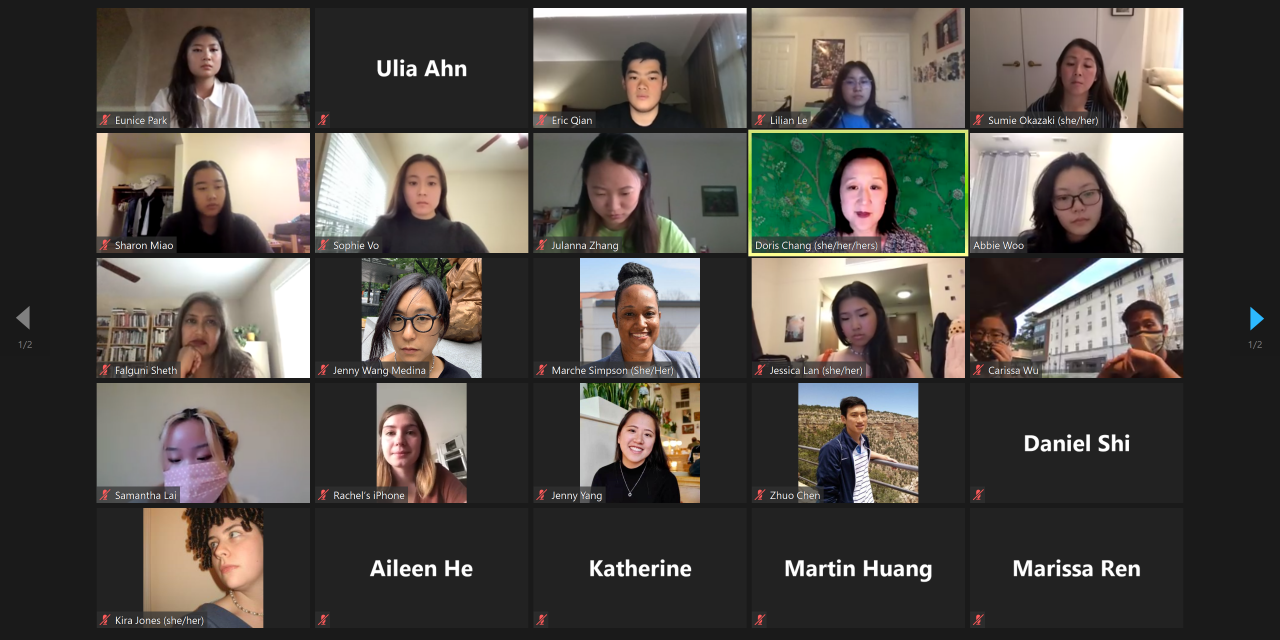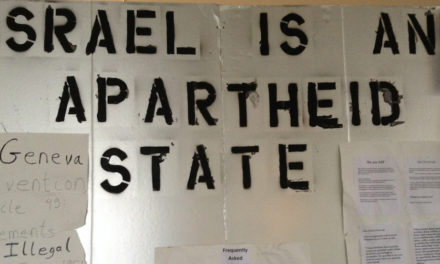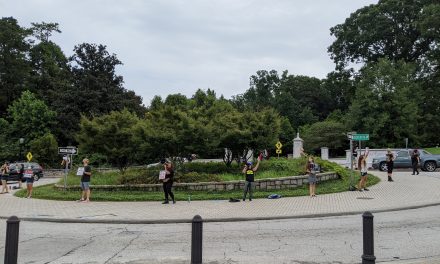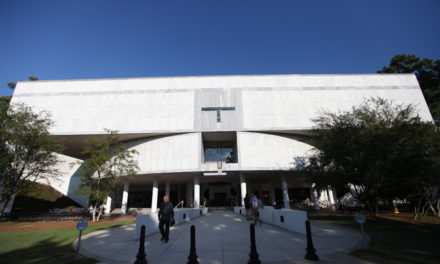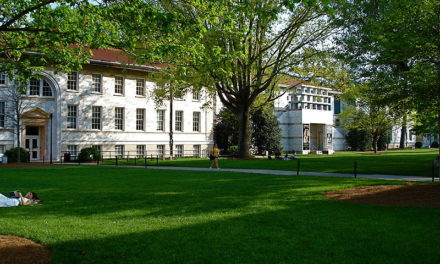The Emory Asian Women’s Association and Chinese Undergraduate Association held an Asian hate crime panel on April 7 to discuss the recent rise of Asian hate crimes and anti-Asian sentiment in the U.S.
The panel, which drew 31 attendees, featured Professor of Applied Psychology Sumie Okazaki and School of Social Work Associate Professor Doris Chang from New York University and Associate Professor of Women’s, Gender, and Sexuality Studies Falguni Sheth from Emory University.
“This kind of violence does not emerge in a vacuum,” Sheth said. “We need to look at the range of laws that facilitate this kind of violence.”
Both Sheth and Okazaki connected last month’s Atlanta shootings to various institutional practices targeting Asian Americans throughout U.S. history. These included the Chinese Exclusion Act, Japanese internment camps, Japanese trade laws that led to the murder of Vincent Chin by angry American auto workers and post-9/11 hate crimes against South Asians.
The panelists also argued that the U.S. government has enabled anti-Asian American hate through measures like the national security laws directed towards Muslims following 9/11.
“These are the kinds of antagonisms that are engendered by a state that is intent on managing folks of color and immigrants,” Sheth said. “They were created to make sure that certain kinds of groups are somehow always threatened and rendered vulnerable and made precarious. They are both done by private citizens and also under the hands of the state.”
Chang echoed this sentiment, noting that the uptick in attention toward hate crimes reveals a changing narrative and response to the victimization of marginalized communities.
“It’s so easy when we’re in a heightened state of fear to individualize these acts and the characteristics of the people who do these types of things,” Chang added. “But, these are deliberate structures that are designed to maintain systems of power that we are always vulnerable to here in this country.”
Additionally, the panel discussed the creation of the model minority myth and its detrimental effect on the Asian American community. It purports that the talent and immigrant work ethic of Asians explains their social mobility. This characterization creates stereotypes of Asians as the “good” or “successful” minorities, compared to other immigrant and minority communities. However, the myth overlooks the disparities in the Asian immigrant communities that are monolith nor inclusive of one single group.
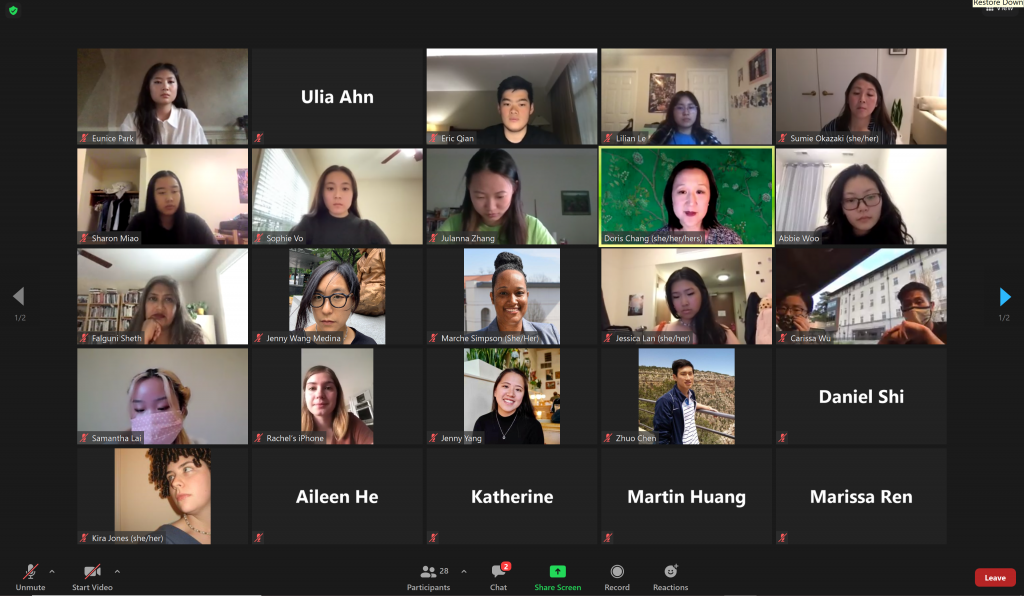
The Emory Asian Women’s Association and Chinese Undergraduate Association hosted a panel to discuss the hate crimes against Asian Americans on April 7.
“The model minority stereotype is partially perpetuated by our own cultures,” Chang explained. “This idea isn’t just something created in a U.S. context, but it’s a part of many of our cultures. The person who wins is the person who can overcome the most difficult and there’s something valorized by that capacity.”
The divisions between minority groups and “the public perception of Asian Americans as high achieving but fundamentally outsiders who are politically disconnected, weak, passive and easy targets” is what Chang calls “the dark side of the model minority myth.”
Sheth added that the oppression of one minority group also means the system is discriminating against others, mentioning that after the repeal of immigration bans in 1965, Asians of only a “certain professional class” were allowed into the U.S. This induced class competitiveness between other groups like African Americans.
“The violence against the women last month is also connected to violence across a range of different groups and it’s connected to anti-Black violence, anti-Semitic violence, anti-Muslim violence, anti-LGBTQ violence [and] to misogyny,” Sheth said. “Six of the eight victims were women and the misogynistic dimension of this is important to connect.”
The professors emphasized the need for continued awareness of anti-Asian hate crimes, even after the Atlanta shootings are no longer in the public’s consciousness.
“In the Emory community, form alliances and coalitions, learn about each other’s histories and think of the large way forward of what you can do as individuals,” Okazaki said.
They also suggested that students help push against the model minority myth and engage in more conversations about racism and aggression towards groups of color.
“There is much work we need to do as a community to battle these portrayals of who we are,” Chang finished. “Work harder to broaden representation and be more politically engaged.”
Ulia (she/her) (24C) is from northern Virginia, studying Spanish & Portuguese. She also writes for the Wheel's news section and Emory In Via, Emory's Christian academic journal. Additionally, Ahn is involved in campus residence life and likes to bake in her free time.

